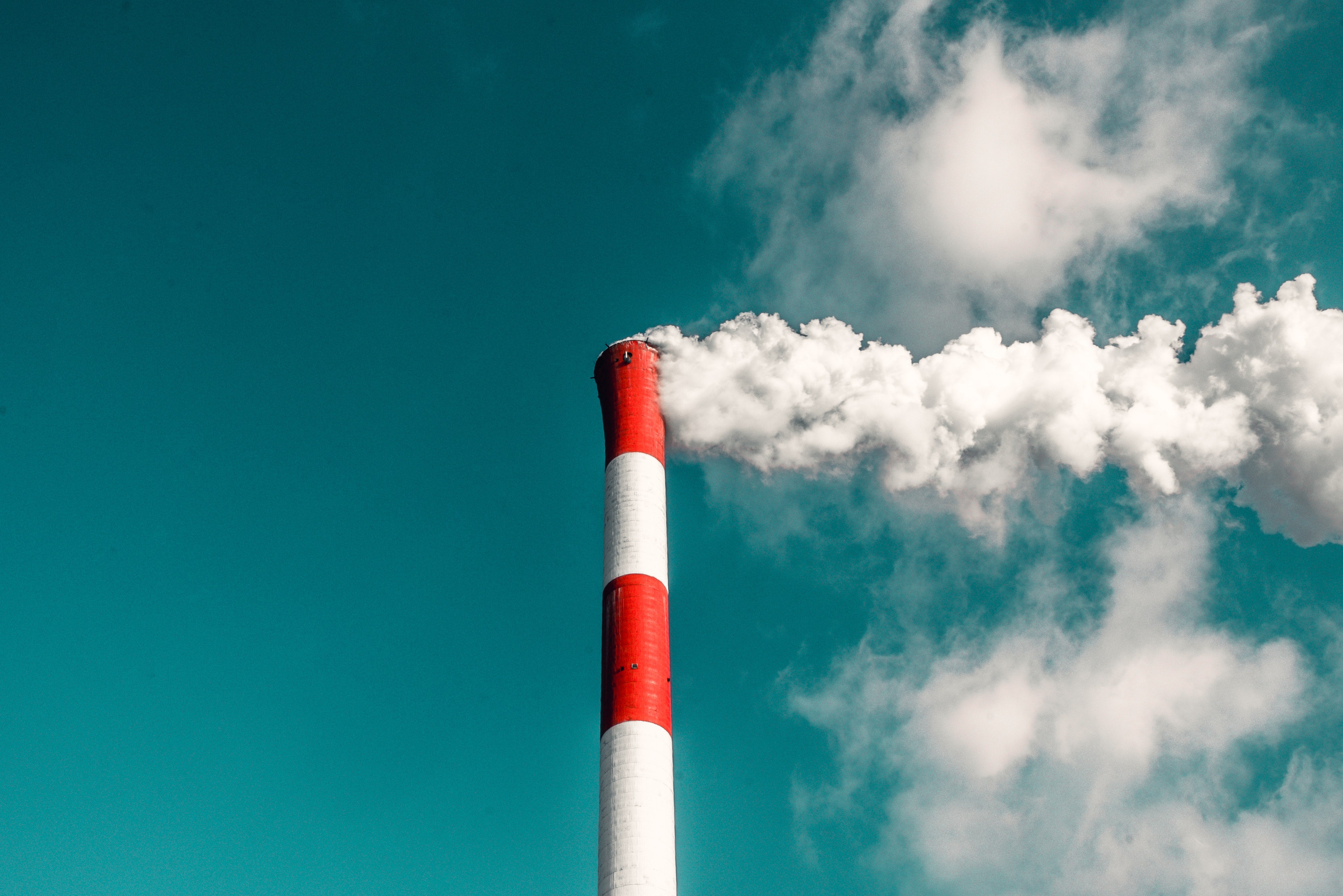Sustainable capitalism for a better future
THE ARTICLES ON THESE PAGES ARE PRODUCED BY BUSINESS REPORTER, WHICH TAKES SOLE RESPONSIBILITY FOR THE CONTENTS

ecolytiq is a Business Reporter client
Growth is usually a good thing. In the business world, it means more prosperity and opportunity. Environmentally speaking, growth conjures images of lush rainforests and abundant habitats.
Yet the relationship between business growth and environmental wellbeing is detrimentally one-sided. Economic growth under capitalism usually relies on the unsustainable extraction of resources in the pursuit of one thing only: monetary wealth.
Capitalism has proved to be among the most stable and prosperous economic systems in the history of humankind. It has infused principles of progress and competition into free markets that encourage trade and cooperation, and it continues to be the driving force behind our modern society, leading to innovative solutions for many big problems. It has, however, also contributed to the creation of new ones.
Climate change is a direct example of a system thrown out of balance due to capitalism’s immense need for growth. The idea of a self-regulating market as the answer to all our problems has a major flaw. It’s on a course for disaster.
What growth really means
The issue with capitalism is that infinite growth is an illusion. As the name suggests, capitalism is all about capital: how to manage it and how to generate more. Once one threshold of profitability has been reached, the next one comes into focus and with it the increased environmental impact of that expansion.
If we were to continue on a modest path of 3 per cent global economic growth each year proposed by institutions such as the IMF and World Bank, we would likely double our environmental impact in 24 years. The pursuit of infinite growth is not in line with the reality of planetary boundaries and is often detached from reality.
A recent climate stress test performed by the European Central Bank found that 60 per cent of the Eurozone’s 104 largest banks have a limited view of climate risk. And many are underestimating the true risk and externalities of climate change, with the share of interest income related to the 22 most GHG-emitting industries amounts to more than 60 per cent of total non-financial corporate interest income on average for the participating banks.
When left to its own devices, capitalism cannot account for the best equilibrium between planet and profit. The latter has and will continue to come out on top until our ecosystem collapses. Capitalism depends on the environmental resources to sustain itself, not the other way around. For the longevity of both systems, sustainability needs to be the top priority.
Sustainability is increasingly wriggling its way into boardrooms and earnings calls – in many cases by name only. Corporations tend to capitalise on the marketing benefits of sustainability without a deep commitment to real values. Many well-intentioned corporate sustainability efforts fall short for lack of a direct connection to the bottom line. Greenwashing becomes an all-too-common marketing by-product, ESG a muddled coupling of nice-sounding principles and Net Zero a hallow promise too far into the future. Any shift in public opinion will be taken advantage of only as it pertains to an increase in sales, reputation or both.
Infusing sustainable variables into the capitalistic mindset
This is not to say that capitalism should be scrapped. In fact, with a few tweaks, it can be transformed into a more sustainable system that works for long-term prosperity instead of near-sighted gain. It starts with conceptualizing the natural world not as a bottomless fountain, but as a delicate system worth preserving. Without it, we all lose. The environment does provide us with valuable resources, which are the backbone of our modern society. A path of further unsustainable exploitation will end in bare rainforests and empty oceans, leaving nothing more from which to profit.
We must do better. That begins with infusing new variables into performance metrics. Environmental wellbeing is essential to business success and this needs to be incorporated into the centre of all corporate management decisions. Nature is capital. If we started managing the environment in the same way we manage money, we would be far more risk-averse when it came to polluting rivers or drilling new oil wells.
Once the private sector begins to see nature as a resource to be managed and not exploited, capitalism begins to work better for both people and planet. It also promotes durable growth, by ensuring the resources we rely on today will still be available tomorrow.
Transparency is a powerful tool for this task. Recently, the UN declared that a healthy planet is a human right. To make this a reality for all of humanity, we now have the right to obtain more transparency on the environmental impact of businesses. This necessitates regulation as a crucial cornerstone of sustainable economic and environmental transformation. Regulation requires corporations and financial institutions to disclose the climate impact and risks of their operations and investments, by going a long way in exposing markets’ blind spots that have been ignored for far too long. Once visible, we can rely on the powerful free market forces to fix weaknesses, make sustainability more efficient and prioritise sustainable growth in line with planetary boundaries.
Rigorous dedication is needed to ensure sustainability is at the root of conversations between decisionmakers, and this requires their full commitment. The same system that has brought so much prosperity can be even better, but only if it changes course and integrates new variables and metrics for success. Otherwise, spreadsheets and bottom lines will be the least of our worries when Planet Earth has stopped bearing her fruits.
The shift towards a more sustainable world requires powerful stakeholders to build more transparency. Transparency acts as a key differentiator to help businesses earn the trust of consumers. We need to accelerate sustainable economic transformation and provide more transparency into the impact of climate change.
A growing number of consumers are attaching more importance to environmental transparency and accountability than brand loyalty. Existing climate action infrastructure providers such as ecolytiq empower banks and financial institutions with software solutions that enable them to nudge consumers towards more sustainable purchasing and lifestyle decisions. These experts specialise in equipping financial service providers with the tools for transparency. The transition has started – find out more by reaching out to ecolytiq today, or browse our resources here.

Originally published on Business Reporter

Bookmark popover
Removed from bookmarks